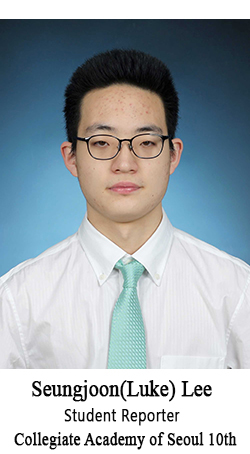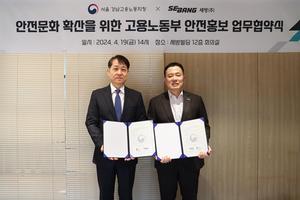 |
Language education plays a crucial role in shaping societies and futures, underscoring the impact of political ideologies, economic developments, and cultural diversities. The English language secondary education systems in South Korea and North Korea showcase stark differences reflecting their political ideologies, economic developments, and cultural diversities.
South Korea has long prioritized English education to attain economic and cultural success in the globalized world. Students acquire practical language skills, enabling effective communication focusing on business and academic purposes. The government has implemented policies and English immersion programs to foster early language development. In contrast, political and ideological concerns drive North Korea's English education. English is viewed as a potential threat to the Korean language's purity and political system. English classes serve as tools for promoting political views and Juche ideology, focusing on indoctrination.
The curriculums also diverge significantly. South Korea emphasizes practical language usage and international communication. Reforms have led to enhanced communicative competence, with early English education and differentiated classes. North Korea's curriculum incorporates propaganda elements, carefully selecting content aligned with political narratives and ideologies.
Access to resources further underscores the disparities. South Korea benefits from a well-developed infrastructure, advanced technology, and abundant learning materials. High-speed internet, interactive platforms, and interaction with native English speakers enhance the learning experience. North Korea needs more resources, technology, and opportunities for cultural exposure, impacting access to updated materials and interaction with English speakers.
Thus, South Korea focuses on practical language skills and global communication, fostering a resource-rich and developed system. In contrast, North Korea's English education serves ideological aims, with limited resources and exposure to diverse perspectives. Understanding these differences highlights the transformative power of language education and offers insights into the broader disparities between the two nations.
이승준 강남포스트 학생기자 webmaster@ignnews.kr
<저작권자 © 강남포스트, 무단 전재 및 재배포 금지>

 고용노동부 강남지청-세방(주), 안전문화 확산 위한 업무협약 체결
고용노동부 강남지청-세방(주), 안전문화 확산 위한 업무협약 체결


